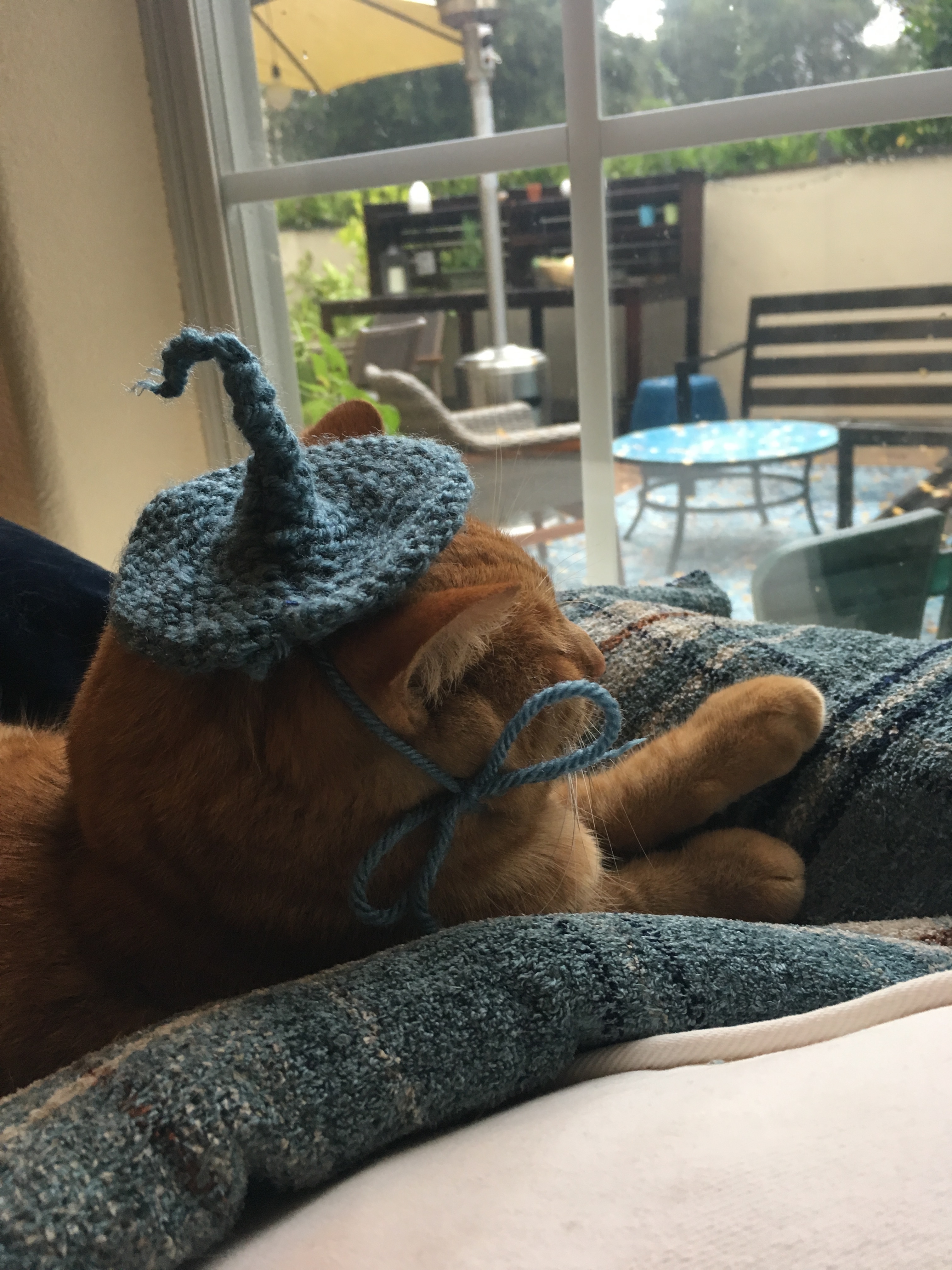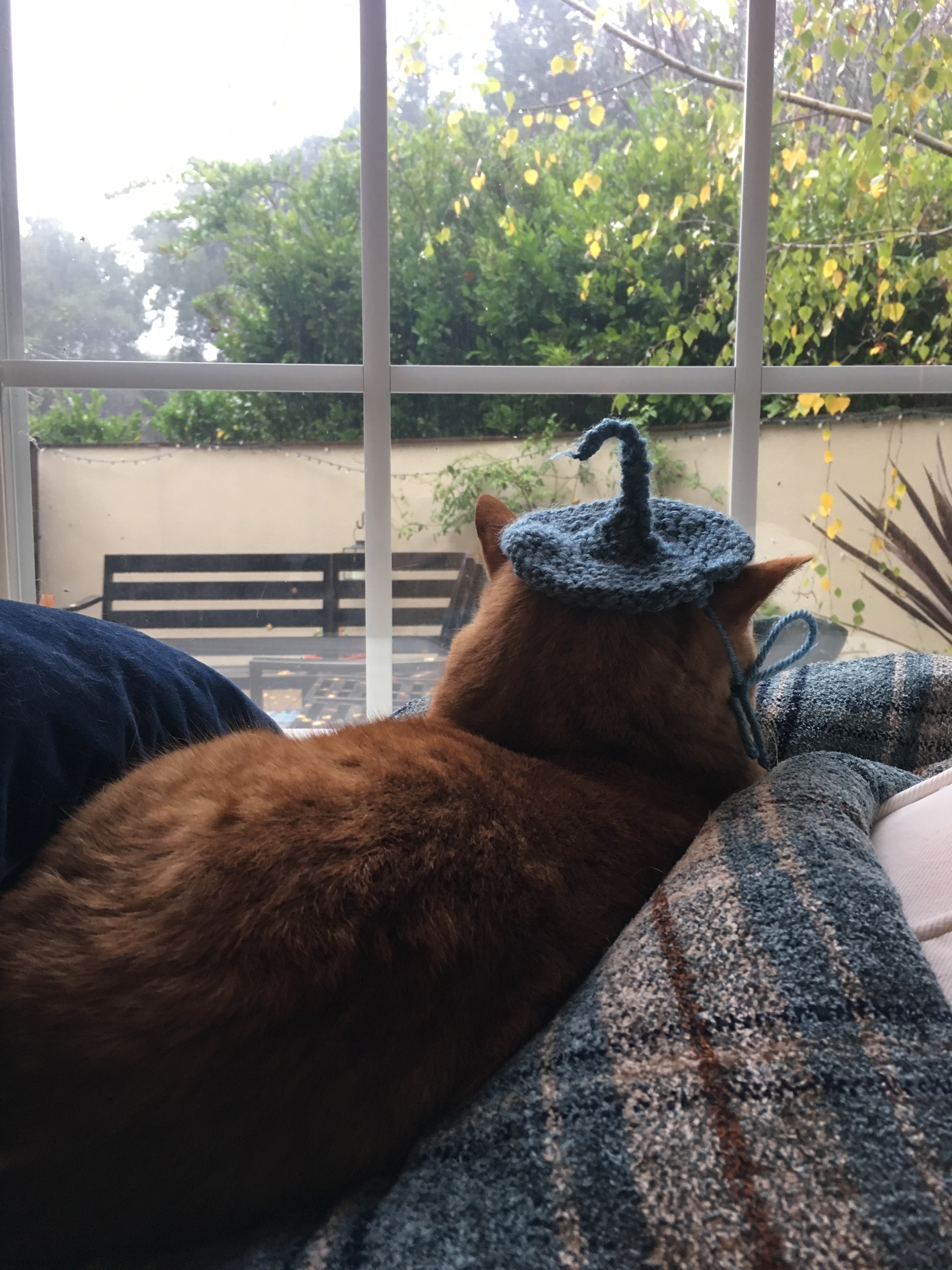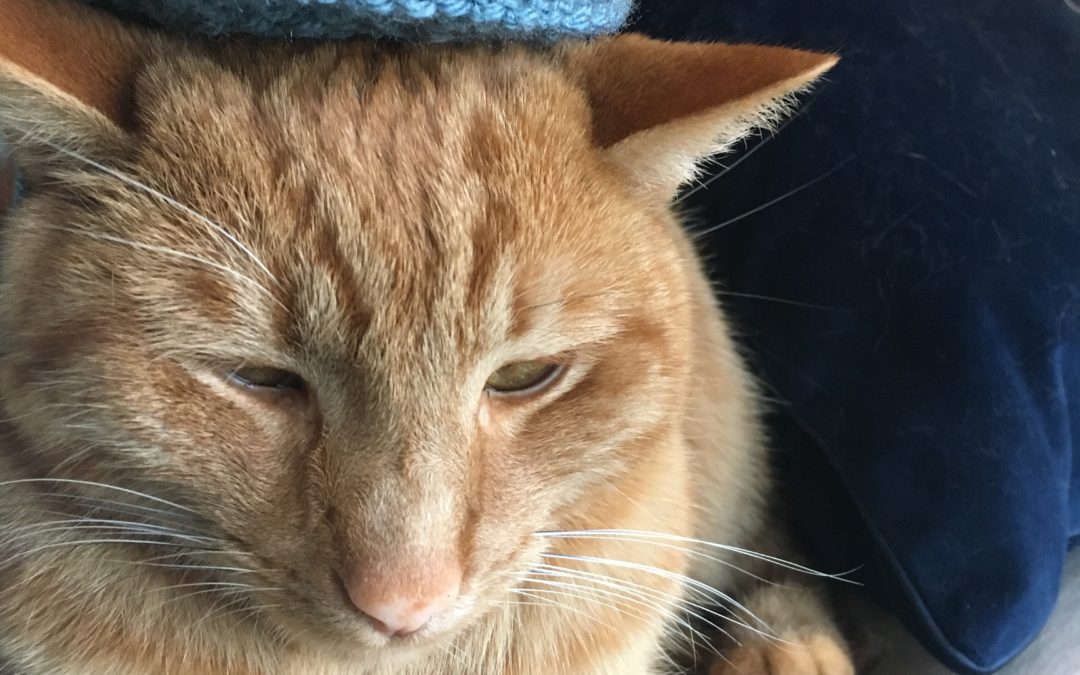99 Coping Skills for Depression

Thanksgiving is all about family at our house, as is with most families. It’s the kick off the Christmas and Solstice Holiday seasons, and I feel lucky every year as my dad tears up during the tradition of holding hands and saying what we’re thankful for. He always starts the circle, and says something so touching that my sister and I find it hard to hold it together and not cry when it’s our turn to speak.
This year, my daughter, Tylar, who is 14, said she is thankful for anti-depressants and that she finally got a hat onto our cat, Felix.



What IS my story to tell is how I’ve coped and a little about how I see her coping and how we can all COPE when things get tough. Because they do. Things aren’t perfect, and life is a roller-coaster.
My family is VERY full of optimism, in general (except for Tylar, who is a self-proclaimed pessimist). We are a pretty positive bunch, especially my dad. Looking for the bright side of things comes easily to many of us. For years, I lived thousands of miles from my parents and my sisters, and when we would get together for holidays, the anticipation was large. “It’s gonna be so great!!” we would say to each other, as we planned for family dinners, vacations, whatevers.
About 10 years ago, we made a slight shift. When my twin sister and I both had young kids (our kids are between 11 and 14 now), holidays and vacations were HARD. The five cousins got along well, but it was craziness. And if someone was sick (which usually happened), it could go downhill fast.
So we learned to say, “It will be what it will be.”
It freed our expectations a little. And now, things are easier in many ways. Yet our openness to let things be as they will be has (I think) allowed more enjoyment and more ease.
When my daughter was so open at the Thanksgiving table about her gratitude for feeling better due to anti-depressants (and also more SLEEP and a shift to an Independent Study Program), it was HONEST and showed that she was HERE in a way that she perhaps wasn’t for a while.
The mental health of my kids is the MOST important thing in the world to me. This subject is getting so much attention these days, and I’m very grateful to have had the help and support we’ve had.
This Fall, I took a Basics course with NAMI (National Alliance on Mental Illness) that taught me so much about the biology of mental health, tools to use with those around me, and the stigma that is out there around mental illness. This is not a topic we should shy away from. There are so many tools out there that can help.
Something we now have posted on our refrigerator is called “99 Coping Skills” from www.yourlifeyourvoice.org. (Check out the interactive version where you can make your own here).
This little sheet of paper has ideas for what to do when feeling low. Everything from “watch fish” to “build a pillow fort” to “pray” to “call a hotline/therapist” to “yoga” to “rip up paper into itty bitty pieces.” It’s very good.


Yoga is on the list, and it’s a good tool. And it’s only one tool. Not all tools fit all. Sometimes, it takes medication and that’s okay. Sometimes, things are beyond our control as parents.
Sometimes, we have to let it be what it will be.
If you’re feeling low this holiday season (or anytime) I invite you to use the 99 Coping Skills. If you want to do some yoga, do a short little practice that’s part of the Foundations of Flow program (it’s free!)
If you want more settling, I’d recommend one of the Guided Relaxation and Restorative practices.
For more energy, try one of these quick flows.
Teenline Crisis 1-888-247-7717
Suicide Hotline 1-855-278-4204
Crisis Hotline (TALK) 1-800-273-8255
P.S. I asked Tylar to read this and edit whatever she wanted and here is what she wrote (in my voice):
Also, email me at [email protected] if you ever want me to tell you how to be a cat (which is pretty much what yoga is). It’s a lot of fun, though Tylar does not enjoy it. I should really stop trying to get the kids to do yoga with me, but I just find it so so fun to talk about my spiritual experience with my floor bending. HE HE HE HE HA.
{She is feeling much better these days. Can’t you tell? Proud and happy mama.}
I listened to this audiobook, and found it to be tremendously helpful on a variety of topics. The “When to Worry” sections of each chapter are really great. This is full of practical tips and a healthy perspective on raising girls.
A very accessible book (maybe a bit simple for my daughter’s taste!!). Presents several ways to track anxiety, and talks about diet, exercise, and other self-coping skills when dealing with worry and panic.
Another simple book with a little cartooning and easily read, directed toward teens. Addresses lifestyle choices to manage stress, as well as the importance of support networks and relaxation techniques.
Workbook style. One of my favorite things about this book is that there are THREE chapters on SLEEP. The author talks extensively on the connection between sleep and depression, and asks that the reader commit to getting at least 7 hours of sleep for the next month before bothering to go on to the next chapter. It’s that important. Great book!








 Empowering women who are 40+ to install movement habits that are nourishing, strengthening, and approachable for a truly calm and connected life.
Empowering women who are 40+ to install movement habits that are nourishing, strengthening, and approachable for a truly calm and connected life.